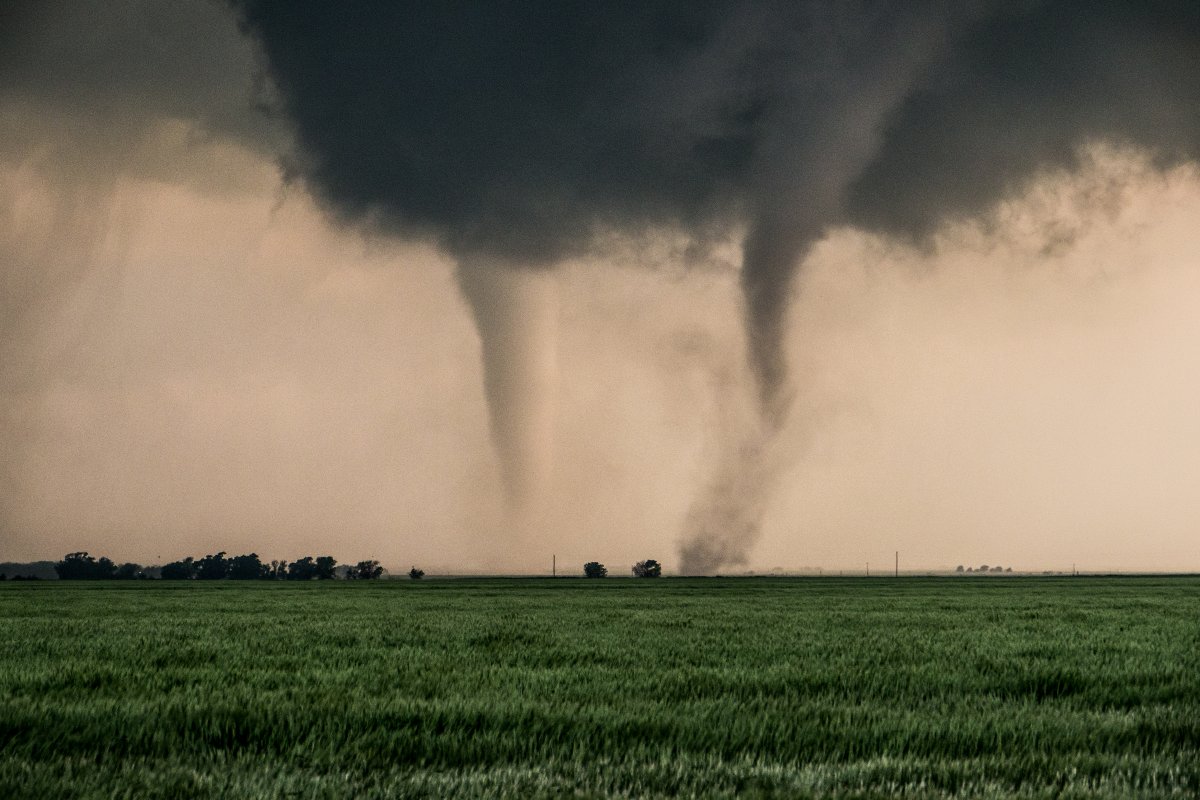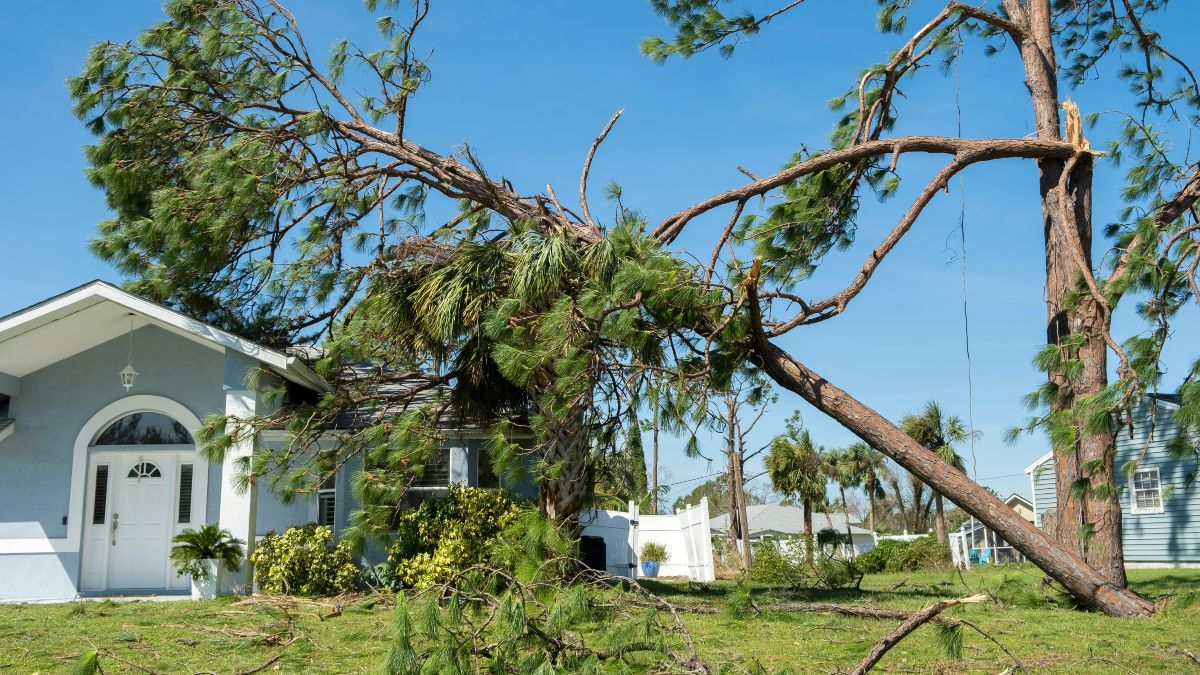If you own a home, and therefore a homeowners insurance policy, then you’re probably all too aware of the troubling trend that homeowners across the country have noticed over the past few years: insurance premiums are on the rise and coverage is becoming harder to secure. This is especially true in areas prone to natural disasters, like right here in Tulsa, Oklahoma, unfortunately.
While there are some obvious contributors to these trends – such as inflation and the rising costs of construction – one of the most powerful forces behind this shift is actually climate change. While learning this information isn’t going to bring the premiums back down, knowing how climate change is driving insurance rates up can at least bring some understanding, including peace of mind that your increased rates likely aren’t your fault.

More Disasters, More Claims
One of the most obvious symptoms of climate change is the increasing frequency and severity of extreme weather events. Things like hurricanes, wildfires, floods and droughts used to be rare occurrences in the United States — but now they’re becoming seasonal norms. Some reports claim that the number of "catastrophic events" in the country increased by more than 30% from 2019 to 2022, while covered losses soared from $25 billion to nearly $100 billion.
When natural disasters are striking more often and with greater intensity than normal, insurance companies face higher payouts than normal as well. In order to stay solvent, these companies are forced to respond by raising premiums and tightening their underwriting standards, sometimes even pulling out of high-risk markets altogether.
How Does This Affect Homeowners?
Let’s put into very clear terms how this affects homeowners: higher premiums, policy nonrenewals and limited availability. The most obvious ripple effect of climate change is higher premiums, especially in areas prone to those aforementioned natural disasters like hurricanes, wildfires and flooding. But some insurers are also choosing not to renew policies in these high-risk zones, which leaves homeowners scrambling for coverage.
Then to make matters worse, many private insurers exit the market entirely, which forces residents to rely on what many consider the last resort — state-run insurance plans with limited coverage. Altogether, this doesn’t just present a financial inconvenience, it can affect mortgage eligibility, home valuations and long-term affordability.
What Can Homeowners Do?
When something completely out of our control like this is having such a severe impact on something so important, it can make you feel a bit helpless. While there’s nothing any of us can do to reverse these effects, there are some steps you can take to protect your home and potentially lower your insurance costs.
- Mitigate Risk
- The best thing to do in any situation involving insurance is to mitigate your risk as much as you possibly can. While it might introduce new upfront costs, it can have a positive long-term effect on your insurance rates. We’re talking about doing things like installing fire-resistant roofing or siding, elevating your home or installing flood barriers, or even just clearing brush and debris to reduce wildfire exposure.
- Review Coverage
- It’s important to review your coverage from time to time, ensuring that your policy reflects current replacement costs. You should also consider adding endorsements for specific natural disaster coverage that your area might be subjected to, such as flooding here in Tulsa.
- Stay Informed
- There are climate risk tools out there that can help you understand your home’s vulnerability. You can also monitor local zoning and development trends that might affect future insurance availability as well.
- Shop Smart
- Finally, make sure you’re partnering with the right agent. Independent agencies like us here at Glover Family Independent Insurance are able to compare multiple carriers and help you find the best fit for your location and risk profile.
If you’re ready for a change or need assistance figuring out if you’re properly covered, we can help. Just get in touch with us right here at Glover Family Independent Insurance at your earliest convenience so we can get started.


